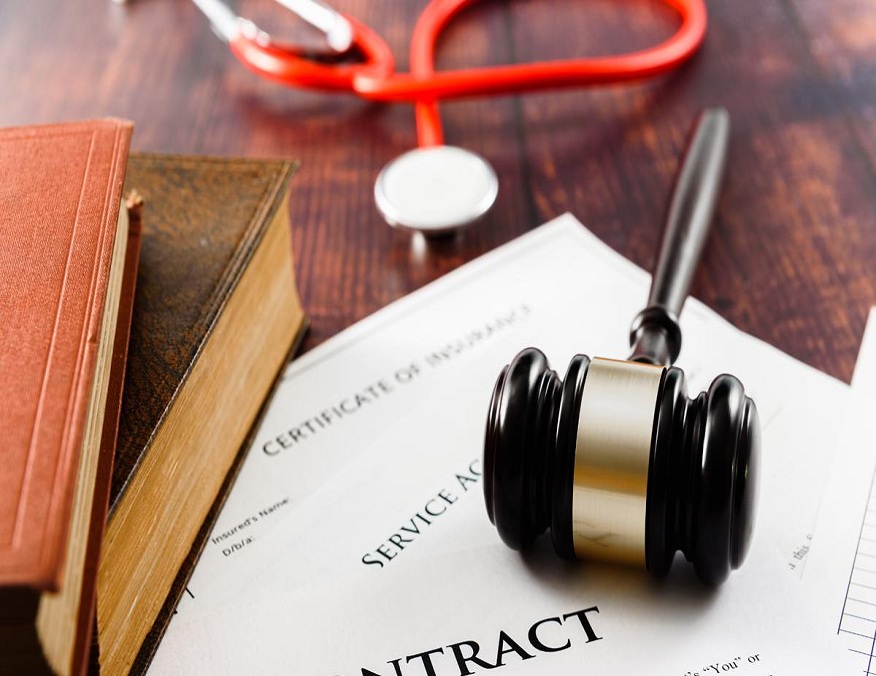Vaccines have become an important aspect of public health, helping to prevent the spread of infectious diseases and save countless lives. However, like any medical treatment, vaccines are not without risks. Sometimes, vaccines can cause adverse reactions or injuries. When this happens, individuals may be entitled to compensation for their injuries through a vaccine injury claim. Individuals can get top vaccine attorney services for any kind of claim settlement.
If you or a loved one has suffered from a vaccine injury, it is important to seek legal representation. Filing a vaccine injury claim can be complex and challenging, and having an experienced attorney by your side can help ensure your rights are protected. This blog will discuss the burden of proof required to win a vaccine injury claim, the importance of proving causation, medical experts’ role, timely filing, and more.
The Burden of Proof in Vaccine Injury Claims
One of the most significant challenges in vaccine injury claims is meeting the burden of proof required to win the case. The National Vaccine Injury Compensation Program (NVICP) was created in 1986 to provide a no-fault alternative to traditional tort litigation for individuals who have suffered vaccine-related injuries. The NVICP compensates eligible individuals who can demonstrate that they suffered a covered injury due to a covered vaccine.
However, the burden of proof required to win a vaccine injury claim is higher than in traditional tort cases. To be eligible for compensation through the NVICP, the petitioner must prove the following:
- That he or she received a covered vaccine
- That he or she suffered a covered injury
- That the vaccine was the cause of the injury
Proving causation can be particularly challenging in vaccine injury cases. Unlike in traditional tort cases, where plaintiffs must prove that the defendant’s actions were the proximate cause of their injuries, vaccine injury claimants must prove that the vaccine was the cause of their injuries. This can be difficult, as other factors, such as underlying medical conditions, cause many vaccine-related injuries.
Additionally, the NVICP places the burden of proof on the petitioner rather than on the vaccine manufacturer. This means that the petitioner must provide evidence to support his or her claim, rather than the vaccine manufacturer having to prove that the vaccine did not cause the injury.
Causation in Vaccine Injury Claims
Proving causation is a critical element of any vaccine injury claim. To be eligible for compensation through the National Vaccine Injury Compensation Program (NVICP), the petitioner must demonstrate that the vaccine was the cause of the injury. This can be particularly challenging, as other factors, such as underlying medical or environmental factors, can cause many vaccine-related injuries.
To prove causation in a vaccine injury claim, the petitioner must provide scientific evidence that the vaccine caused the injury. This can include medical records, laboratory tests, expert witness testimony, and other types of evidence.
One of the key challenges in proving causation in vaccine injury claims is the lack of understanding of the underlying biology and mechanisms of many vaccine-related injuries. While some vaccine-related injuries, such as anaphylaxis or Guillain-Barré syndrome, are well-understood and have established causal relationships with certain vaccines, many other vaccine-related injuries are less well-understood. For example, some vaccine-related injuries, such as autoimmune disorders or neurological conditions, may have multiple potential causes. It can be difficult to link these to a specific vaccine definitively.
The Importance of Timeliness
Timeliness is a critical factor in vaccine injury claims. There are strict deadlines and time limitations that must be followed in order to file a claim and receive compensation.
Here are some important considerations regarding timeliness in vaccine injury claims:
- Statute of Limitations: In most cases, a vaccine injury claim must be filed within three years of the date of the first symptom of the injury. However, there are some exceptions to this rule, such as for injuries resulting in death or for children too young to file a claim.
- Notice Requirements: Before filing a claim, the petitioner must provide notice to the vaccine manufacturer and the Secretary of Health and Human Services within a specific timeframe. The notice must include information about the injury and the vaccine that caused it.
- Filing Deadlines: Once notice has been provided, the petitioner must file the claim within a specific timeframe. Failure to file the claim within the deadline can result in the claim being dismissed.
- Response Deadlines: After a claim has been filed, the respondent (usually the vaccine manufacturer) has a specific amount of time to respond to the claim. Failure to respond within the deadline can result in a default judgment in favor of the petitioner.
It is important to be aware of these time limitations and to act promptly in filing a vaccine injury claim. Working with an experienced vaccine injury attorney can help ensure that all deadlines and notice requirements are met and that the claim is filed promptly and effectively.
To Wrap Up
If a vaccine has injured you or a loved one, it is important to seek the guidance of an experienced vaccine injury attorney. An attorney can provide valuable insight and assistance throughout the claims process, including navigating the complex legal and medical issues involved.
If you have questions or concerns about a vaccine injury claim, we invite you to contact Vaccine Law, which offers the top vaccine attorney services. Let us put our experience and knowledge to work for you.

